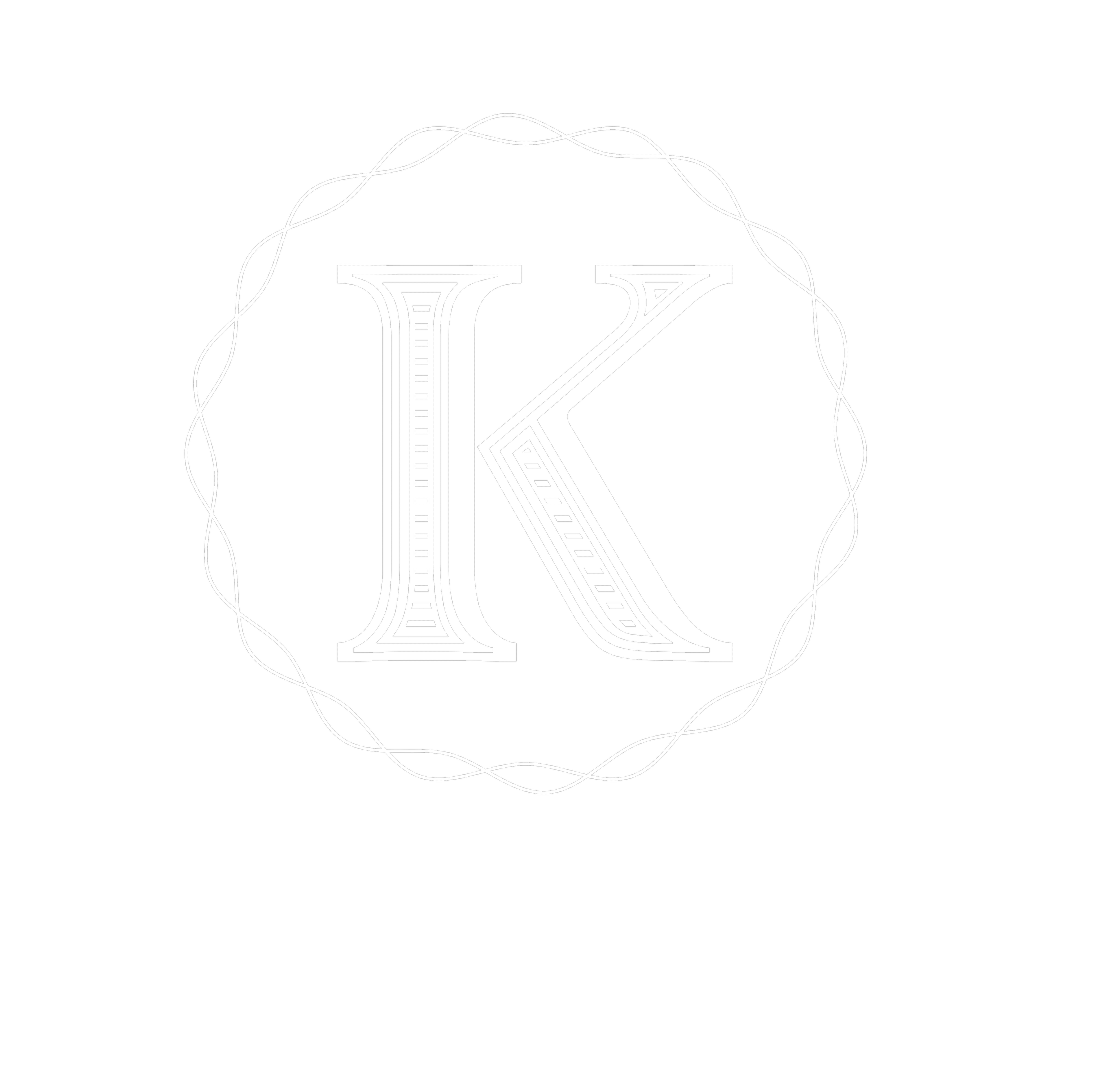Many small business owners know the anxiety that comes with the thought of a tax audit. The process can be stressful and time-consuming, but the good news is that audits are often avoidable with careful planning and attention to detail. By following a few essential guidelines, you can significantly reduce your chances of attracting the IRS's attention.
Report Accurate Numbers
Avoid rounding figures or “estimating” your income or deductions. IRS algorithms often flag businesses reporting round numbers across the board because it can seem suspiciously inaccurate. Always report your exact numbers and keep thorough records to support your claims.
File on Time and File Completely
One of the simplest ways to avoid an audit is to file your tax returns on time and ensure all forms are complete. Missing deadlines or submitting incomplete forms can immediately attract the IRS's attention. Set reminders for important dates and double-check your filings for completeness.
Make Estimated Tax Payments on Time
Paying estimated taxes quarterly is not just a recommendation, it’s a requirement. Failing to make timely tax payments can increase scrutiny on a small business. Regularly set aside funds for taxes and adhere to the quarterly schedule to stay off the audit radar.
Don’t Inflate Business Deductions
While it’s important to claim all legitimate business expenses, overstating deductions can be a red flag to auditors. Be conservative and precise when reporting deductions and maintain supporting documentation for every claim you make.
Align Income with Personal Lifestyle
The IRS cross-references business income with personal finances. If your reported income doesn’t match your lifestyle, it can trigger further investigation. Ensure that your financial statements accurately reflect your lifestyle to avoid raising any eyebrows.
Avoid Consistent Yearly Losses
Reporting losses year after year without eventually turning a profit can make the IRS question your business’s legitimacy. It’s important to show that your business is a viable and profit-generating venture. Document your strategies for growth and keep accurate records of all expenses and income.
Classify Workers Correctly
Misclassifying employees as independent contractors can help a business avoid payroll taxes, but the IRS closely monitors this practice. Ensuring proper classification is crucial. Review the guidelines and consult a professional if you’re unsure about the status of your workers.
Following these tips doesn’t just help you avoid audits, but also fosters a more organized and financially healthy business environment. Remember, even if you follow all the rules, audits can still happen. Stay calm and gather all relevant documentation if the IRS contacts you.
For professional guidance or assistance with tax preparation and audits, don’t hesitate to reach out to a tax professional. Having expert help on your side can make a significant difference in your confidence and outcomes.

